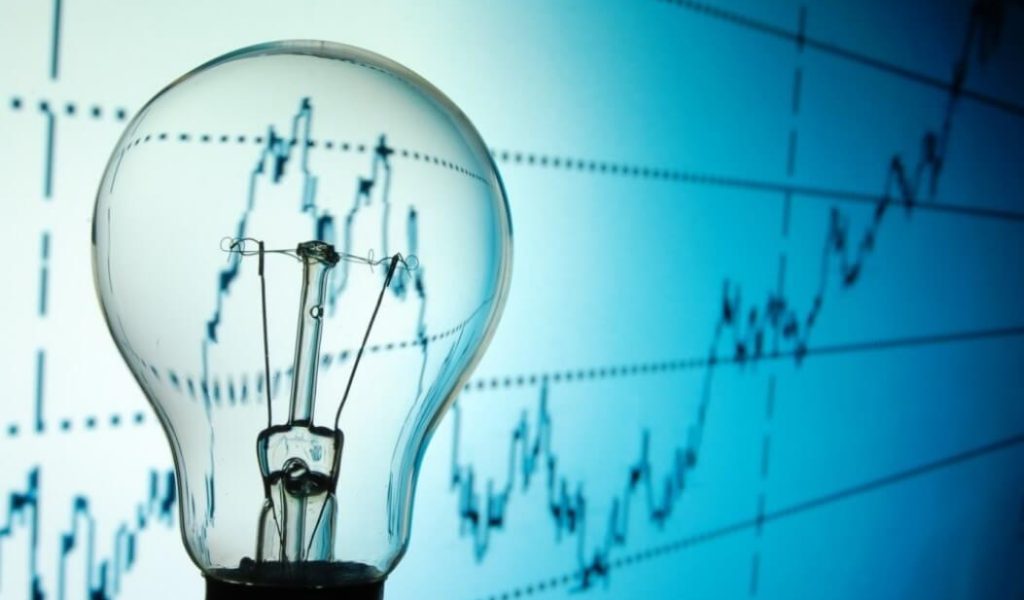The independent business organisation Sakeliga lamented Nersa’s announcement of, effectively, a 13.8% increase in tariffs for electricity in 2019. The increase includes a tariff increase of 9,4% announced by Nersa today and a 4.4% increase from a previous application on the regulatory clearing account (RCA). The increases are due to take effect on 1 April of this year.
Sakeliga is concerned that the approved increase, while less than Eskom initially applied for, will still allow Eskom to persist with its flawed business model – and have consumers and taxpayers foot the bill. “Ultimately, this decision means that businesses and consumers will be paying for the evident corruption, deeply ingrained inefficiencies and planning mistakes, which plague the institution. Moreover, by keeping Eskom in place in a privileged market position, it delays the development of decentralized private solutions to the worsening electricity crisis,” says Gerhard van Onselen, senior analyst at Sakeliga.
Sakeliga believes that the regulator is, ultimately, fighting a losing battle. “Attempting to rein in Eskom’s spending through price-regulation outside of well-functioning markets is something of a wasted effort. Eskom’s state-sanctioned monopoly means that consumers will be paying for the planning mistakes and misadventures of government bureaucracies, whether through higher rates, taxes or lost economic opportunities,” says Daniel du Plessis, legal analyst at Sakeliga.
Sakeliga says that President Ramaphosa’s proposal to split of Eskom into three divisions, as outlined in the treasury’s National Budget Review, may be a step in the right direction, it is doubtful that the process will be easy or frictionless. The real danger is that Eskom’s intended revamp will boil down to nothing more than political window-dressing.
“Without an actual opening up of the electricity market to real, direct, private participation, through market liberalization, deregulation and legal reform, there’s very little that can be done to really remedy the situation,” Van Onselen concludes.

